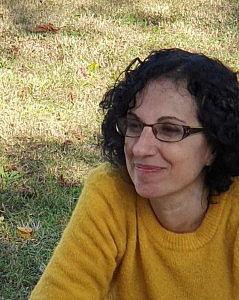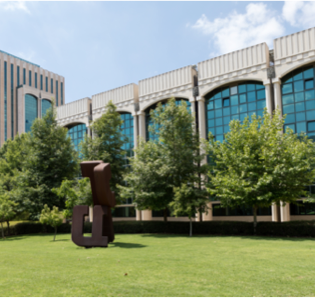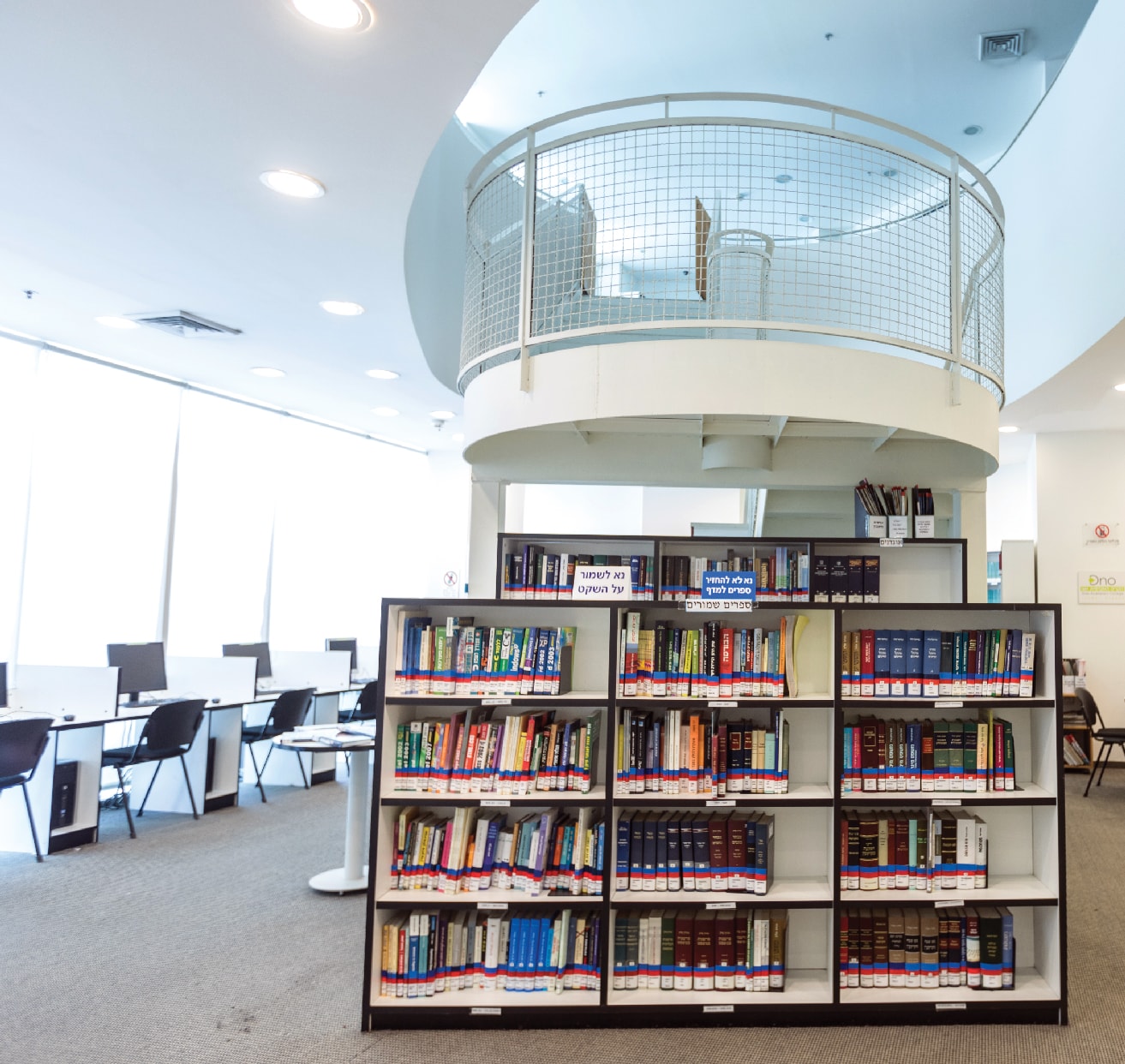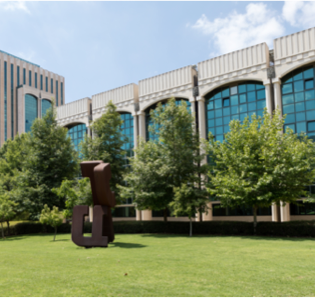Yaffe Benaya, a lecturer at the Ono Academic College and a research fellow at the Hartman Institute, researches and writes about Sephardic and Eastern Jewish Women. She joined the “Holchot BeChatzot” program of Israel army radio (Galei Tzahal) to talk about the work and life of the poet Emma Lazarus. She and the hosts also noted that their discussion was taking place on a unique and under-celebrated Jewish holiday of the Sephardic and Eastern Jewish tradition: Eid al-Banat (Day of the Daughters). The holiday falls on the first day of the Hebrew month of Tevet (which this year is December 25th).
Benaya began by discussing the work and life of the woman she believes is the most important Jewish-American poet of the 20th Century, Emma Lazarus. Lazarus’ sonnet, “The New Collosus,” is inscribed on the Statue of Liberty.
Benaya and the program’s hosts noted that today was Eid al-Banat (Day of the Daughters). It is unclear when people started celebrating Eid al-Banat. It has been marked by Jewish communities in many countries bordering the Mediterranean Sea (Libya, Algeria, Morocco, Greece, and Turkey). Today, the holiday is best kept and most widely celebrated by the Tunisian Jewish community.
The essence of the holiday is sisterhood and the celebration of women. The holiday’s practices in some way reflect those of Purim and include sending cookies to one’s neighbors (similar to mishloah manot), drinking wine (similar to the Purim feast), and giving to children in need (similar to matanot la’evyonim).
Because the holiday always falls on Hannukah, there is also a tradition that connects it to Yehudit, the heroine who slew the evil Greek General Holofernes according to the apocryphal Book of Judith and to Hanna bat Matityahu, who helped incite the Jewish revolt against the Syrian Greeks.
The complete interview can be found at: https://www.ifatmediasite.com/ms/radio/2022/12/24/11869675.mp3







